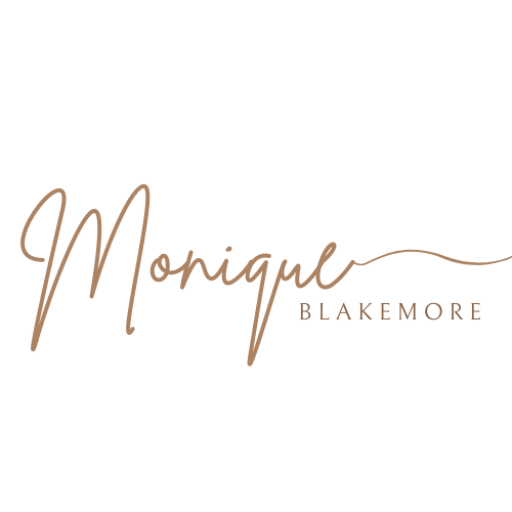Today I met R2 who I have been speaking to for a while online.
He calls, texts, and is a great communicator. He’s gentle, thoughtful and much quieter than the people I’m usually drawn to.
In truth, it felt a little like I was leading, and that’s not the dynamic I normally find attractive. Still, I went into it open-minded.
We had so much in common. Shared Autistic neurology. Both introverts who can become extroverted in the right environment. Both parents of Autistic children with many overlapping experiences. He’s a very handsome man, but my awareness of that was quiet and detached, just noticing rather than thinking, oh gosh!.
Here’s the funny part, I thought I was going against type! He works with his hands, and I had thought, finally, someone different.
But it turns out he’s an engineer. Not just any engineer as his work has made him highly successful, earning national awards. He has every reason to be outwardly confident and yet he’s incredibly humble. That combination of skill, success and grounded humility is genuinely appealing.
When we met there were big smiles, laughter and it felt easy, kind and genuine.
But even with all that, I had a clear sense that this wasn’t my person.
No spark. No chemistry. Just a warmth that felt more like friendship.
And that’s OK.
Through my NLP lens, I noticed how my internal state stayed balanced, calm and curious. No fast breathing, no tension, just presence. My body was giving me clear feedback: connection, yes — attraction, no.
Using my NLP tools, I reframed the moment. Instead of labelling it as “no chemistry,” I saw it as valuable information, a gentle feedback that helped me understand what feels aligned for me.
Sometimes, when dating as an Autistic woman clarity comes not from what you feel, but from what you don’t feel. And that clarity is a gift. It means I’m in tune with my intuition and not getting swept up in stories or expectations.
Reflection Questions:
-
How do you recognise when someone isn’t “your person” — even if everything looks good on paper?
-
What patterns do you notice in who you’re drawn to — and what might those patterns be teaching you?
-
What does your calm, intuitive “no” feel like in your body?
-
How can you appreciate moments of connection without needing them to become romance?
About the Author
Monique Blakemore is an Autistic advocate, NLP practitioner, and researcher. She writes from lived experience, blending practical insights and reflections to help neurodiverse people connect authentically and trust their instincts.

